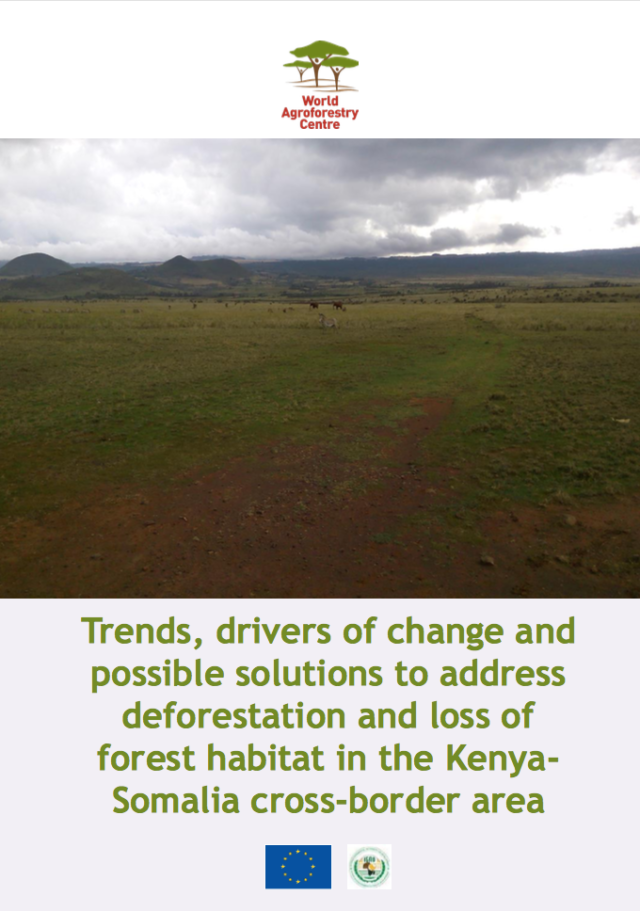There is no doubt at all that the EU’s Action Plan on Forest Law Enforcement, Governance, and Trade (FLEGT), launched in 2003 to combat illegal logging and promote legally sourced timber from tropical countries, is based on the best of intentions. FLEGT is also an attempt to tackle broader problems, such as poverty, unsustainable harvesting, and corrupt practices in timber-producing countries. It aims to accomplish this by improving standards of practice in the forestry sector in key regions and ensuring that importers into the EU source their wood only from producers that adhere to those standards.
The realisation of these good intentions depends on the success of two policy instruments through which FLEGT operates. The first is the European Union Timber Regulation (EUTR), which came into force in March 2013 and requires EU importers to exert due diligence in their sourcing of timber from abroad to exclude illegal supplies. The second is through bilateral trade agreements with the EU, known as a Voluntary Partnership Agreement (VPAs), which prescribe the system a producing country will have to follow to document the legality of timber they produce. The VPAs amount to a licensing scheme to verify the legality of the timber exported to the EU. VPAs have been signed with six tropical timber-producing countries to date, namely Ghana, the Republic of Congo, Cameroon, Central African Republic, Indonesia, and Liberia. These countries are currently in the process of developing the required systems under the terms of each trade pact.
Download:
Publication year
2015
Authors
Cerutti, P.O.; Putzel, L.; Pacheco, P.; Baxter, J.
Language
English
Keywords
trade, illegal logging, law, law enforcement, timber trade, timbers

























